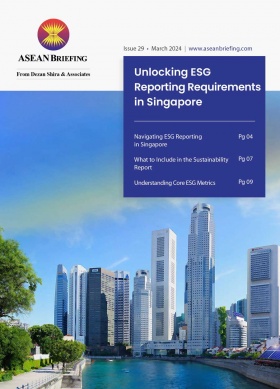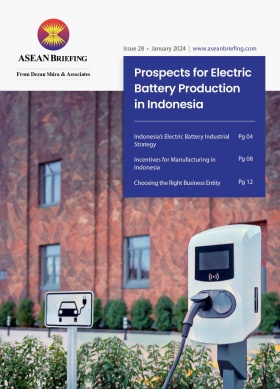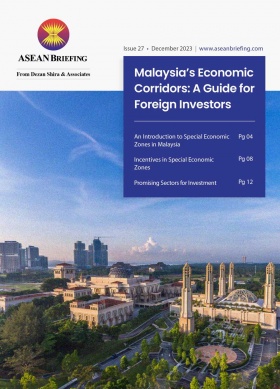Singapore Designates Lawrence Wong as Prime Minister, Effective May 15
Singapore’s Deputy Prime Minister Lawrence Wong will take over as Prime Minister in May from Lee Hsien Loong, who will step down after 20 years in office. This is only the fourth time in Singapore’s history that a leadership change has occurred.
Wong will now lead the People’s Action Party (PAP) in the next general elections, which must take place by November 25. Wong is part of the PAP’s fourth-generation (4G) team. The 4G leaders are a group of 16 PAP politicians who are poised to assume more power in the coming years. Further, the PAP has never lost an election since the party first governed the country in 1959 and has always enjoyed a supermajority in the polls. In 2020, despite clinching 61.24 percent of the votes, a decline from the 2015 results, where it garnered 69.9 percent of the votes.
Wong spent 14 years as a civil servant and has held different portfolios in Singapore’s government such as minister of national development, minister of culture, and minister of finance, giving him a broad range of experience.
Taking office at a challenging time for Singapore
Singapore has evolved into one of Asia’s main financial hubs, and as such, is vulnerable to macroeconomic shocks such as U.S.-China tensions, and the wars in Ukraine and Gaza. Wong also faces challenges domestically over the rising cost of living, particularly in housing. Rents for private homes in some parts of Singapore have now surpassed Hong Kong rents in terms of price per square foot.
The Monetary Authority of Singapore (MAS) recorded core inflation of 3.6 percent in February, higher than the forecasted 2.5-3.5 percent range. MAS expects price gains to stay elevated throughout early 2024 before falling in 2025.Singapore’s central bank has allowed the local dollar to appreciate and thus help blunt imported inflation. However, this has also negatively impacted the country’s export competitiveness, particularly since exports are the lifeline of the country’s economy.
Non-oil domestic exports shrank by 20.7 percent in March. The pharmaceutical segment witnessed a significant decline of 70.3 percent, amounting to S$2.1 billion (US$1.5 billion), marking an end to its five-month growth streak. Similarly, exports of ship and boat structures plummeted by 99.8 percent, totaling S$900 million (US$660 million). These declines in non-electronics shipments greatly impacted the overall export figures.
Singapore still attractive to foreign investors
Despite the internal and external challenges, Singapore is still a highly attractive destination for foreign investors. As such, economic continuity will be a focal point of Wong’s tenure leading up to the elections.
FDI reached US$141 billion in 2022 an increase from US$121 billion in 2021. This is a result of a favorable tax regime, the availability of government incentives, and a stable political environment. Singapore’s business, legal, and tax regimes are some of the most investor-friendly in the world, and the country’s comprehensive network of more than 85 double taxation agreements (DTAs) and 24 free trade agreements (FTAs) are not matched among other ASEAN member states.
Suppose the PAP wants to extend its mandate in the upcoming general elections. In that case, the party’s biggest challenge will be to mitigate the economic impact caused by the ongoing conflict in Ukraine, as well as U.S.-China trade tensions.
About Us
ASEAN Briefing is produced by Dezan Shira & Associates. The firm assists foreign investors throughout Asia and maintains offices throughout ASEAN, including in Singapore, Hanoi, Ho Chi Minh City, and Da Nang in Vietnam, in addition to Jakarta, in Indonesia. We also have partner firms in Malaysia, the Philippines, and Thailand as well as our practices in China and India. Please contact us at asean@dezshira.com or visit our website at www.dezshira.com.








